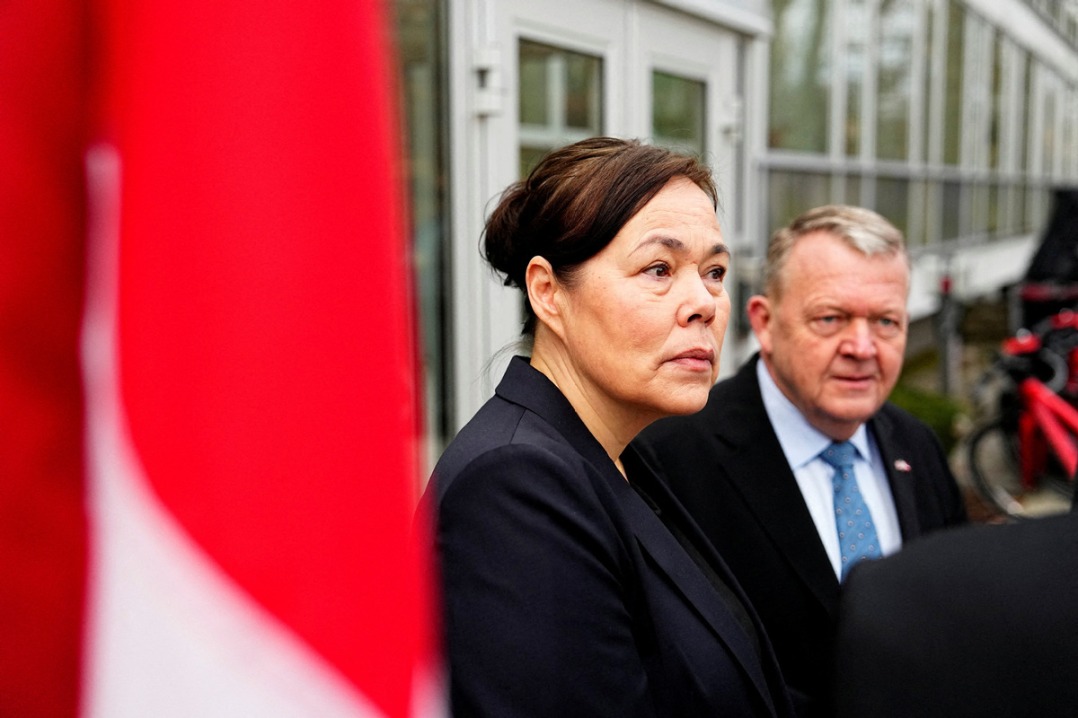Japan's Abe vows to reform social security system amid rising demographic crisis


TOKYO - Japanese Prime Minister Shinzo Abe on Friday expressed his commitment to reforming the nation's social security system as the country is increasingly grappling with a demographic crisis as the population here rapidly ages and shrinks to the detriment of the economy.
"Reform toward social security for all generations is the biggest challenge. We will consider sustainable reforms for the entire social security system," the Japanese leader told a panel charged with dealing with the issue at their first meeting.
One of the government's aims has been to encourage senior citizens to actively contribute to society by working for longer, which means they will still be eligible to contribute taxes to help trim the ballooning social welfare costs the government is and will have to cover, more so in the years to come.
One scheme under the proposed social security reforms initiative is to incentivize Japanese businesses to hire, or allow those who wish to do so, to work or to continue working up until the age of 70.
Reducing or ditching the system that lowers pension allocations for people who are earning a certain amount, has also been an idea floated to encourage businesses and seniors to begin to revamp the workforce and extend participation by seniors.
The proposals come as social welfare expenses, which span public pensions and medical costs among others, are set to significantly increase from 2022, as postwar baby boomers turn 75 years old or older.
At the end of August, the Japanese government ministries and agencies' budget requests for the next fiscal year hit a record high of close to 105 trillion yen (around $972.82 billion), government officials said, owing to the need to finance ballooning social welfare costs and other spending plans.
The Ministry of Health, Labor and Welfare has requested a budget of 31.90 trillion yen ($295.55 billion), a new record high and a 2.5-percent increase from the previous budget, as spending on social security is expected to rocket to more than 32 trillion yen ($296.48 billion), up by about 600 billion yen ($5.55 billion).
Amid the record-high requests, the Japanese government also has to contend with a planned tax hike in October from 8 percent to 10 percent.
Japan's economy plunged into recession when the government raised the tax to 8 percent from five percent in 2014.
The budget requests, meanwhile, will be assessed by the Finance Ministry and adjusted as necessary and submitted to the Cabinet Office for approval by the end of the year.
The panel charged with tackling the demographic crisis, comprising 16 people from ministerial, business and academic backgrounds, will compile a report on how to deal with the issue in two stages, with an interim report due before the end of the year and the final deliverable by the summer of 2020.

































